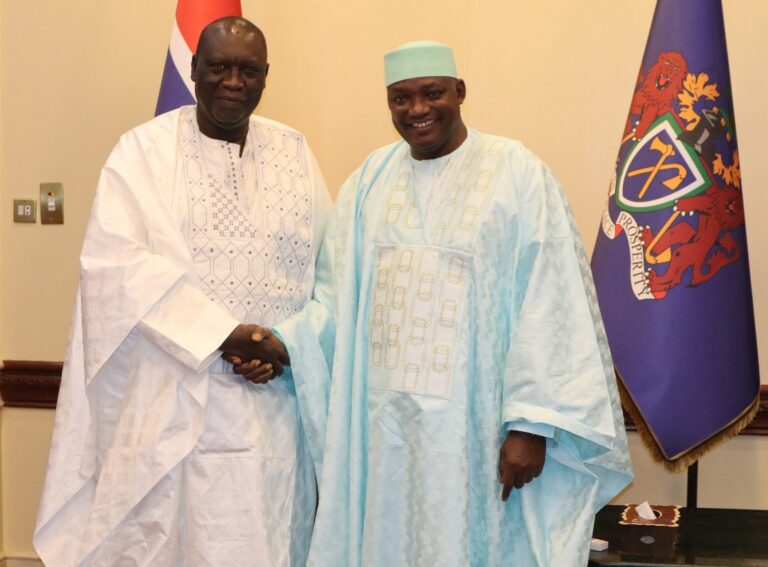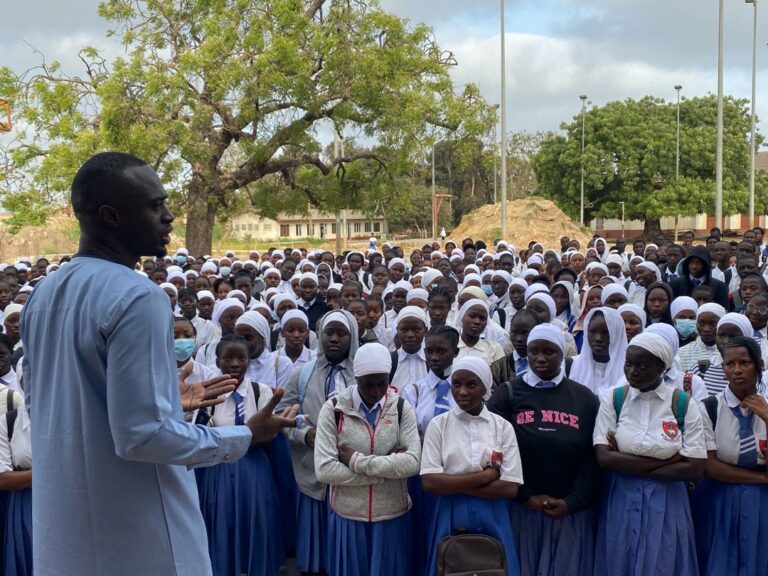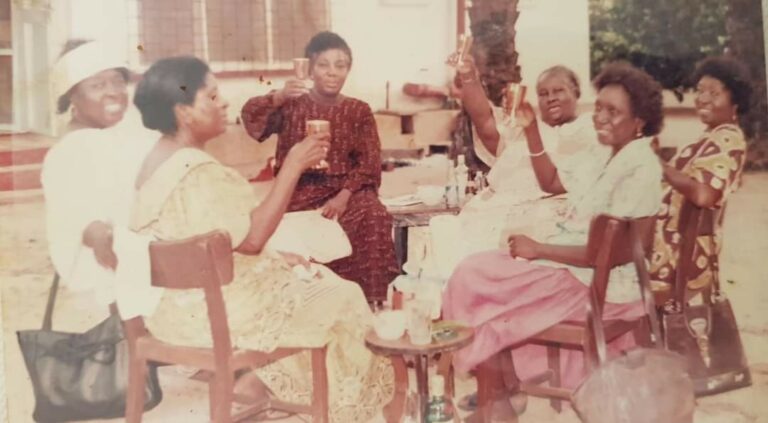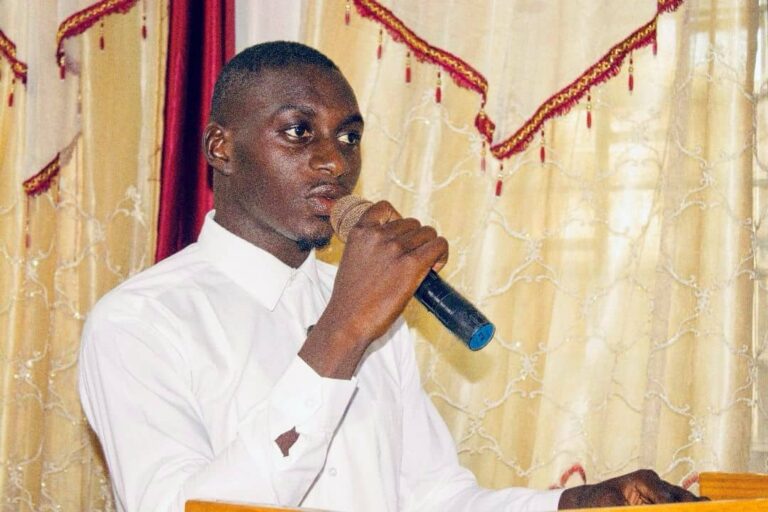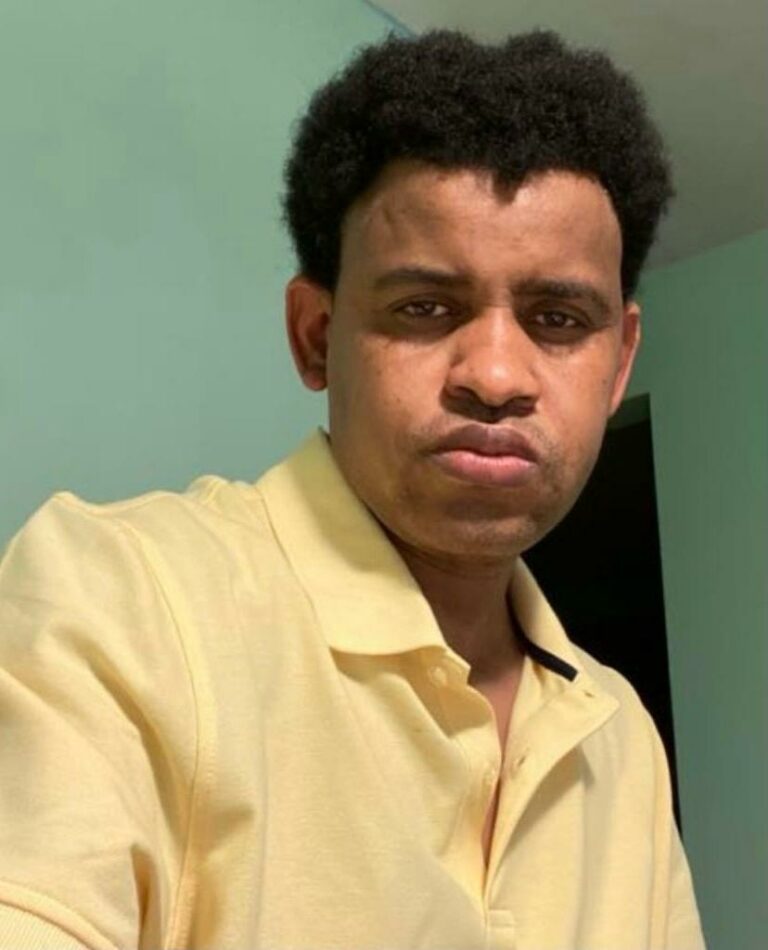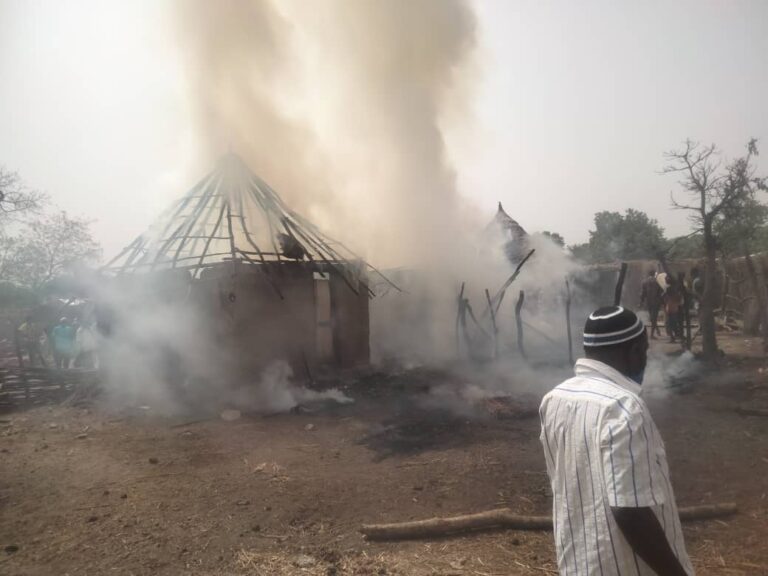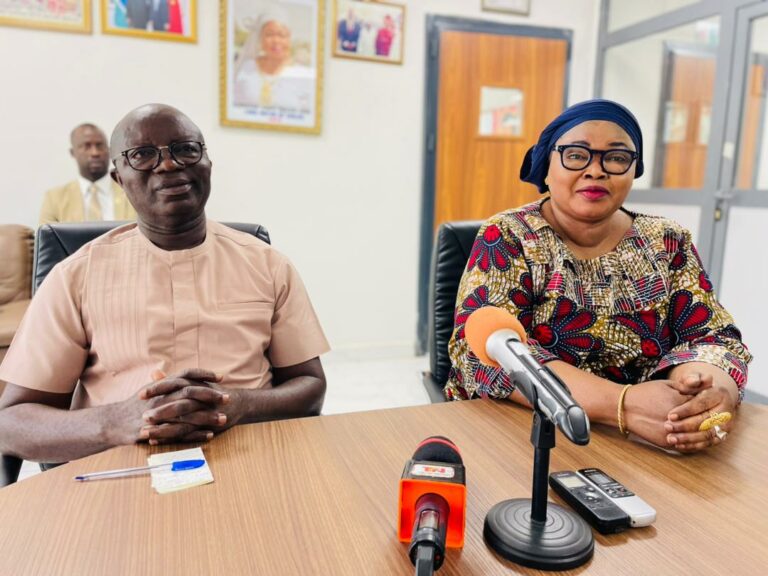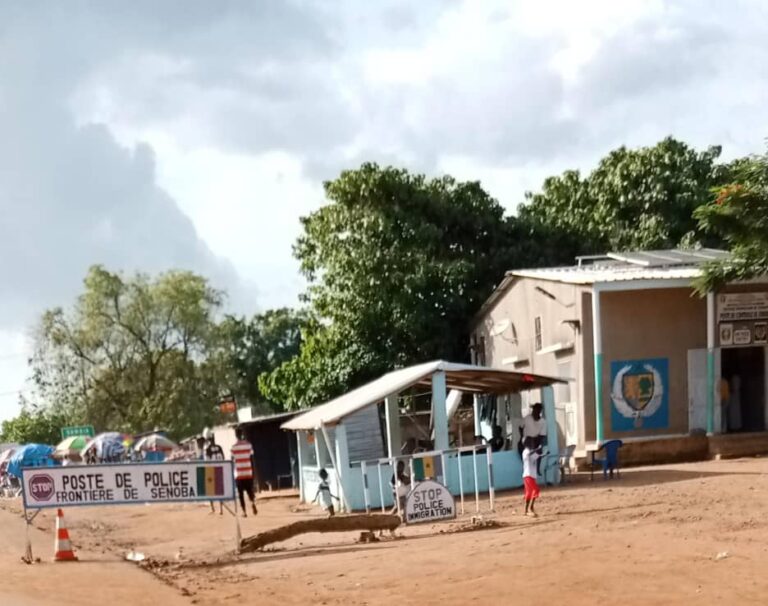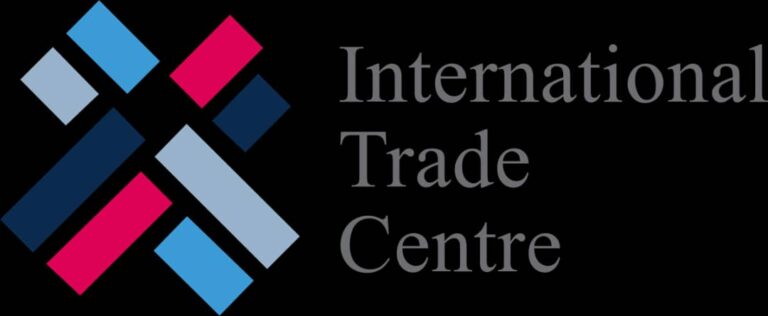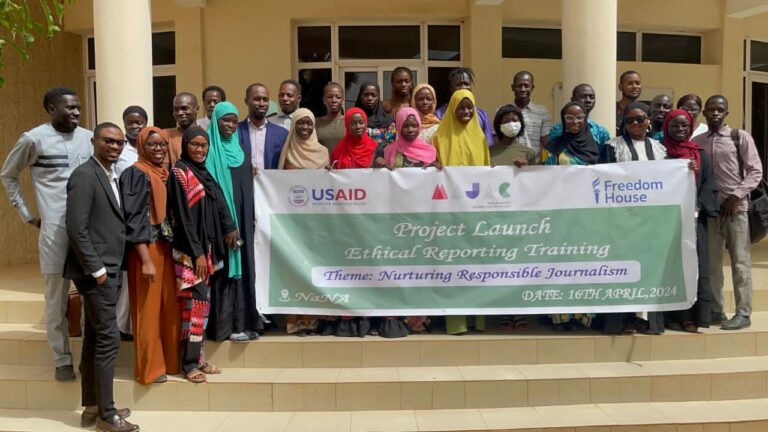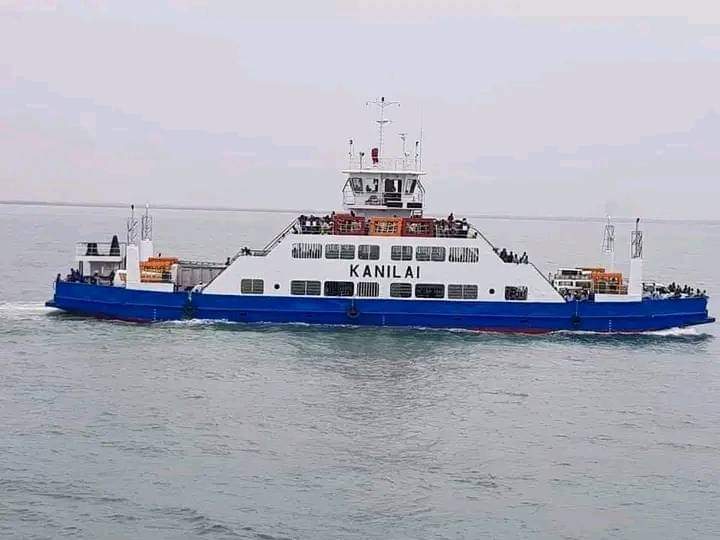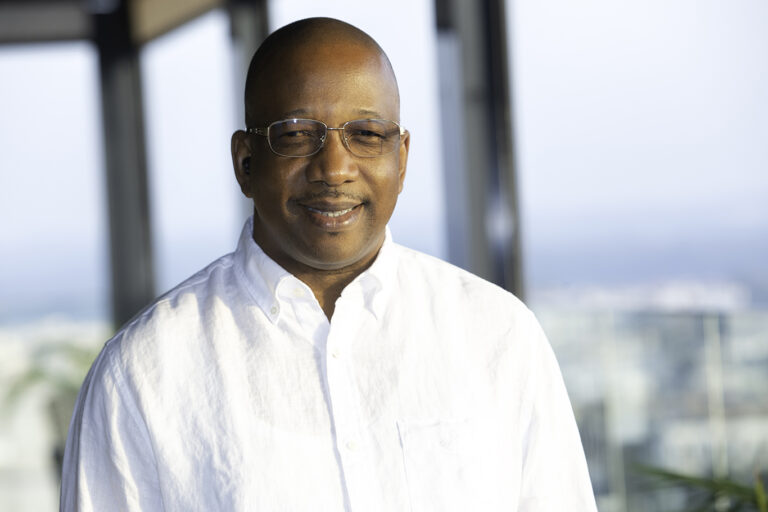By: Dawda Baldeh
Residents of Misera Kabada in Jarra West District have accused Senegalese authorities of encroaching on their land and have called on the Gambian authorities to intervene.
The Governor of the Lower River Region, Seedy Lamin Bah, has also denied the allegations, citing a lack of evidence.
Speaking to The Fatu Network, one of the village youth leaders who seeks anonymity also accused the Lower River Region governor and chief of neglecting the conflict.
According to him, the Senegalese have built a police station on their land and have expanded it to one hundred meters within Gambian territory at the border.
“After building a police station on our land, they are now constructing a road and police staff quarters in Misera, which we don’t want to see.
“We have informed the governor and the Chief, but they ignored us, and instead, they are threatening the youths from speaking out,” he alleged.
The youth leader further stated that they have been facing threats from the governor for speaking out on the issue.
“We suspect that the Chief (Yahya Jarjusey) and the governor (Seedy Lamin Bah) have a hand in the Senegalese encroachment on their lands.
He alleged that the Senegalese police are very hostile towards the residents.
“We have also written to President Adama Barrow to inform him about what’s happening in Misera, but to no avail, and we the young people will not sit and watch the situation like that,” he added.
He emphasized that if the government doesn’t take any action in a few years, their entire village (Misera) would be in Senegal.
“We don’t want this to happen, and we want our land back,” he stressed.
Our source further explained that a woman in the village who had a shop near the border had been asked to vacate the property for demolition.
“This woman owns a shop that is in the Gambia, but the Governor has threatened her with a notice to leave the property…,” the source alleged.
Based on these substantive allegations, we decided to contact the Governor of the Lower River Region, Seedy Lamin Bah, about his office’s response to the allegations.
We asked him the following questions:
Governor Bah, are you aware of the land conflict at the border in Misera?
Bah admitted that his office is aware of the land conflict at the border but denied the allegations that he has threatened the residents.
“The people of Misera have never come to my office to lodge complaints, but they are going to the media to report about it.
We are aware of the issue, but not at an official level, and the Senegalo-Gambian authorities are working tirelessly to resolve the issue because it’s a perennial problem.
There is no proof to support their claim, and as authorities, we cannot back claims without evidence,” he responded.
There are allegations that you have threatened a woman residing around the border to vacate her premises for demolition?
Bah responded, “This woman is one Sohna Jallow who lives around the border.
She has a house there and wanted to build another house, but she was asked not to do so because where she wanted to expand her house is under surveillance.
She refused to adhere and went on to start construction when I traveled to the US, and when I came back, the building was progressing.
I asked her to stop because that place is conflicted, but she never adhered.
She claimed that the Alkalo and the Chief authorized her to develop the place, but when I reached out to them, they all denied her claims.
The problem is some in that village are very stubborn because they are supporting NPP; they think they can do anything without following due procedures.”
Did you visit the place to see it yourself and does that mean the Senegalese did not encroach on the Misera area?
Bah added, “I have visited the place, but I cannot say the Senegalese have encroached on the Misera area because there is no evidence to support the claim.
These are problems that the two governments are working to resolve. Border conflicts are very sensitive and need a proper approach.
People need to be patient and wait for the authorities to settle the matter.
These people politicize everything, and as a governor, I cannot let anyone influence my work.”
Despite admitting that he had visited the area on several occasions, Bah claimed that border marking requires expertise to determine whether the Senegalese have encroached on the Misera territory or not.



